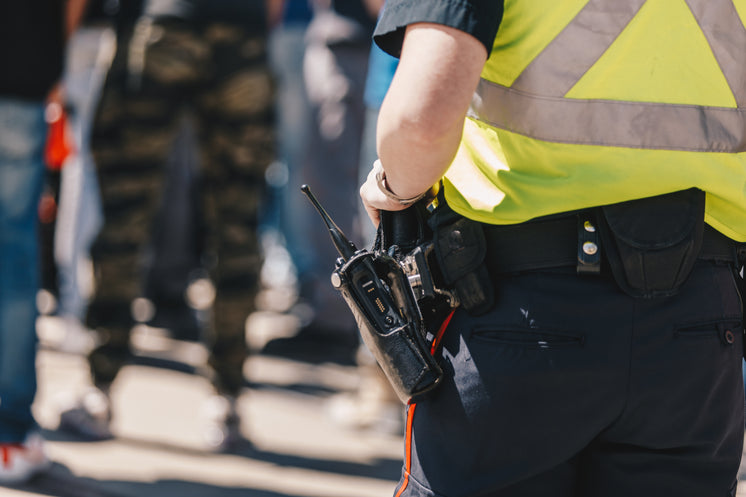ellahighsmith
About ellahighsmith
Legal assistance through the UK court system is a crucial aspect of ensuring that access to justice is available to all, regardless of financial situation.
Whether in civil law, criminal law, constitutional issues, or human rights cases, the decisions handed down by British courts are not just about resolving individual disputes—they are about building and maintaining a legal system that serves justice, democracy, and the public good.
Support staff for witnesses. They provide emotional support and help witnesses feel comfortable while testifying. This is particularly important in cases involving trauma or sensitive matters, such as domestic violence or child abuse. Witness support officers may also guide witnesses through the legal process, ensuring they understand what is expected of them and helping to reduce any anxiety or stress.
One notable case occurred in a central London court, where a solicitor slipped on a wet floor in a courthouse lobby. No signage had been posted, and CCTV footage confirmed the lack of warning. The incident resulted in a serious back injury, and the injured party later pursued a personal injury claim against the Ministry of Justice. The case highlighted that even government premises are subject to the same health and safety laws as private businesses.
These professionals play vital roles in supporting the judiciary, managing cases, and facilitating the delivery of justice. From judges and magistrates to clerks, legal advisers, and security personnel, every member of staff has a unique and important responsibility within the legal system. This article explores the key roles of law courts staff in the UK, their duties, and how they contribute to the judicial process.
In addition to pro bono services, some individuals may also receive legal advice through organizations that specialize in particular areas of law. For example, housing organizations, domestic abuse shelters, and consumer advocacy groups often have legal teams that provide free legal advice to their clients. These organizations may also refer clients to solicitors who can represent them in court or assist them in navigating the legal system.
Courts in the UK operate within a hierarchical structure, meaning decisions from higher courts are followed by inferior courts. This principle is known as stare decisis, which ensures consistency and predictability in the law. A court must follow precedent unless it can distinguish the current case from previous rulings or if a higher court has overruled an earlier decision.
However, the eligibility criteria for legal aid are not unlimited. Legal aid is primarily available to individuals who meet certain financial thresholds. These thresholds are determined based on income and savings, with more stringent tests applied for those seeking civil legal aid compared to criminal legal aid. Applicants must prove that they have a low income and insufficient assets to cover the cost of legal services. The process can sometimes be lengthy and require extensive documentation.
To summarise, Northern Ireland’s court structure represent a resilient and independent part of the UK’s justice framework. While closely tied to the broader UK legal system, Northern Ireland’s courts maintain their own procedures, legislation, and judicial oversight, reflecting the region’s unique identity.
Above the Sheriff Courts is the High Court of Justiciary, Scotland’s highest court for criminal cases. It deals with the most serious crimes, such as murder, rape, and major drug offences. It also acts as the court of criminal appeal. Cases here are heard by a judge and, in most trials, a jury of fifteen people—a number that is unlike in England.
Ultimately, law court decisions in the UK are a cornerstone of the legal system. They interpret the law, resolve disputes, and influence statutory interpretation. Through a combination of consistency, transparency, and reasoned analysis, the UK judiciary plays a vital role in maintaining the rule of law and ensuring fairness in society.
An additional key feature of the legal aid system is that it helps to reduce the risk of wrongful convictions in criminal cases. Legal aid ensures that defendants have proper legal representation to challenge the evidence against them, cross-examine witnesses, and ensure that their rights are protected throughout the trial. Should you cherished this article and also you wish to be given guidance concerning law firm advertising agency kindly pay a visit to our web page. Without legal aid, many individuals might not have the means to defend themselves, leading to miscarriages of justice.
One of the most important aspects of legal aid in the UK is that it ensures representation for those who are unable to afford a lawyer. In criminal cases, legal aid provides defendants with access to defense lawyers to ensure that they are not disadvantaged due to their financial status. This is essential in maintaining a fair trial, as everyone has the right to legal representation, especially when faced with criminal charges that could lead to serious penalties such as imprisonment. Legal aid covers both the cost of the lawyer and any associated legal costs.
Education and training is offered through institutions such as Queen’s University Belfast and Ulster University. These universities provide specialised legal training with a focus on both UK-wide and Northern Ireland-specific law.
No listing found.
